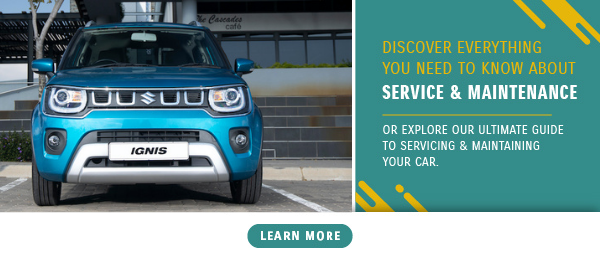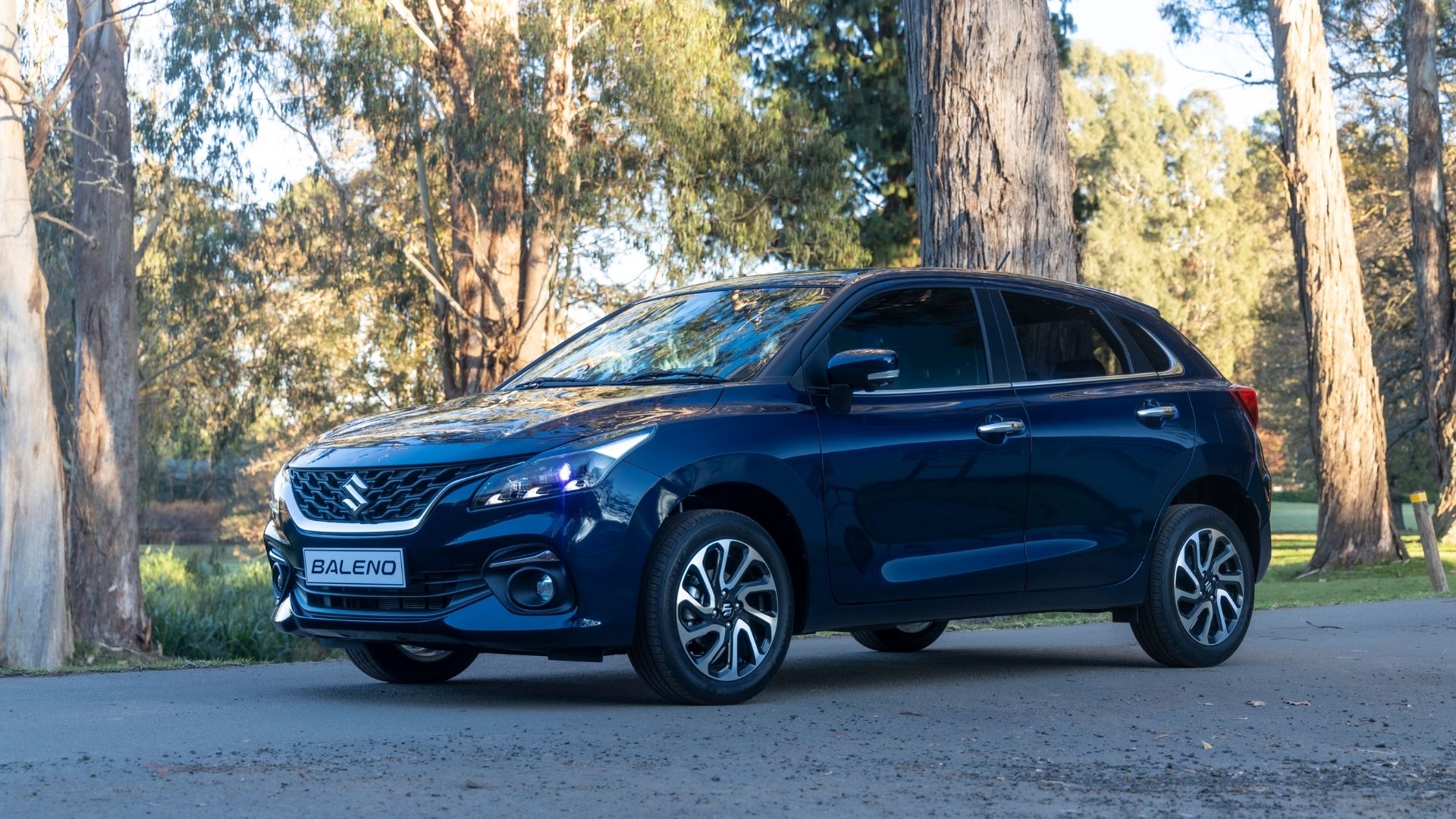 We spend a lot of time in our cars, so naturally, there are some germ hotspots which we need to look out for. Here’s how you can keep your ride germ-free.
We spend a lot of time in our cars, so naturally, there are some germ hotspots which we need to look out for. Here’s how you can keep your ride germ-free.
Basic cleanliness and hygiene have been re-emphasised with the current Coronavirus pandemic: handwashing and frequent sanitising are proven to stop the spread of this contagious disease (and in fact, all viruses and bacteria). We know that has many people concerned about another high touchpoint in their lives - their car! With that in mind, we took another look at this article and updated it with additional information to help you understand how best to protect your health when you climb into your vehicle.
In the normal run of things, did you know that around 15% of the South African workforce is absent (on sick leave) on any given day? Nathalie Leblond, Category Manager at Initial South Africa, recently published a shocking article on absenteeism in South Africa, in which she writes “absenteeism costs the South African economy around R12 - R16 billion per year.”
We spoke to the team at Initial Hygiene Services (global hygiene experts) to find out what causes these illnesses, and how we can protect our families and prevent the spread of germs and bacteria in our homes and cars.
“If one colleague comes down with the flu, chances are that before you know it, the virus has spread throughout the workplace (faster than that rumour about last week’s office party) and most of your workforce will be calling in sick,” says Nicole Horne, Digital Marketing Executive at Rentokil Initial in Johannesburg.
Influenza (Flu) and Gastroenteritis (Stomach Flu) are the two leading causes of absenteeism every year. However, there are seven common office germs that we bring home from work with us. These can be seen below or read more in this article. What we don’t realise is that germs can live on a surface for up to 24 hours. So, when we leave the office, all the germs that we’ve picked up that day climb into the car with us (infecting everything we touch), and then climb out the car with us and follow us into our homes. This is known as cross-contamination. Gross!
When last did your car get a deep clean? Germ hotspots in your car [HEATMAP]
According to Rentokil Initial, there are several germ hotspots that we need to pay special attention to in our cars. Next time you’re giving your car a scrub, make sure you don’t forget to spray and wipe the following areas with an antibacterial cleanser:
%20(1).jpg?width=511&name=12264_6395_SASA_Heat_Map(flipped)%20(1).jpg)
- Your steering wheel
- Your speedometer button (trip calculator)
- Your driver’s and passenger visor
- Your gear lever
- Your safety belt (not just the clip, the whole belt)
- Your indicators
- Your cubby hole and centre console
- Your headlight switch
- Your car seat adjuster
- Your window buttons
- Your windscreen wiper lever
- Your petrol lever
- Your bonnet lever
Your car dealership and hygiene
According to the World Health Organisation (WHO) you will need to wash your hands regularly with soap and water or if that isn't possible you can use an alcohol based hand sanitiser. If you have been out at a shop and it isn't possible to wash your hands when you get into the car, use a hand sanitiser before touching your steering wheel or else you will just be transferring germs from your hands to your steering wheel.
When you go for a test drive, you should expect that your dealer wipes down the steering wheel, hand brake, seat rest and dashboard with an alcohol based cleaner. This will help prevent transmission of germs from the last driver of the vehicle.
How to test how clean the interior of your car is
While you may think some of these hotspots are obvious, we don’t often give these areas a proper deep clean.
To test if your car has been properly cleaned, take a white wet wipe and rub it along some of these surfaces to see what you pick up. If after wiping an area your wet wipe is brown, it shows that the area is dirty and probably has a higher concentration of germs.
What causes germs and bacteria to build up in our cars?
There are many factors which can lead to poor car hygiene. While this may not be relevant right now, it's good to keep in mind for the future.
Here are some of the most common offenders:
- Using your car for business. The more time you spend in your car, the more germs you pick up from public areas (like garage bathrooms). If you spend long periods of your day behind the wheel, it’s a good idea to keep some hand sanitiser or sterilised wet wipes in your cubby for emergencies.
- Eating and drinking in your car. We’ve all done it - rushing between meetings, we’ve stopped in at the Mcdonald's drive through for a burger on the go. What we don’t realise, is that the grease and crumbs we leave behind (no matter how unnoticeable) are actually germ magnets.
- Infrequent interior cleaning. While most of us keep the exterior of our cars sparkly and clean, we often neglect the interior - giving it the monthly vacuum and polish, and not much else.
What you don’t realise, is that the interior is quite often dirtier than the exterior of your vehicle. Your car carries people (and sometimes pets) and it’s a breeding ground for germs and bacteria. Every surface you or your passengers touch transfers germs, bacteria and dead skin cells.
The importance of keeping your car hygienic
Being sick isn’t so bad - at least you get to bunk work, right? Wrong. Apart from the obvious (frequent illness is bad for your overall health and immune system), there are many hidden costs of illness for you and your family. According to Lemay Rogers, Marketing Manager of Rentokil Initial South Africa, the average cough can last up to 22 days.
Keep in mind that keeping your car hygienic can help keep you healthy and prevent you from getting ill BUT it can also help you keep your passengers safe as well. It will help you prevent transmission of germs to your passengers.
During this time, you’ll encounter the added financial burden of doctor’s visits, prescription medications, and vitamins. Not to mention other over-the-counter “feel better” fixes like Rehydrat® or Med-Lemon. Parents of sick children also incur the cost of having to pay someone to be at home with their sick children or take further time off work to look after them themselves. It also takes a lot of time to catch up on missed work at school or in the office - time that could be better spent on fun activities with your friends and family. And, let’s be honest, nobody enjoys feeling sick…
For more helpful updates and to stay up to date with all the latest articles to keep you informed about car hygiene, safety, driving advice and so much more, read more on our service and maintenance page.
Love our blog and want more? Subscribe and get our latest articles delivered to your inbox - hot off the presses!



![How to put in an ISOFIX car seat [infographic]](https://blog.suzukiauto.co.za/hubfs/Blog_post_images/How_to_install_an_ISOFIX_car_seat/Suzuki_blog_isofixcarseat.jpg)
